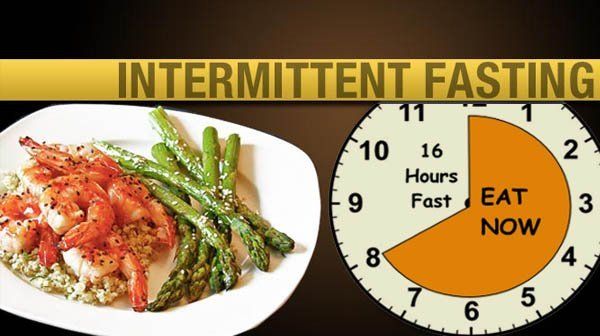Intermittent Fasting and Weightless for Women
- By Silviu Bona
- •
- 21 Nov, 2017
Is it for you?

IF Can also cause harm if done too often. The above was a general recommendation that's common knowledge in the IF community. However, what about gender differences? Men and Women are not create equal! When looking at the female vs. male hormonal cycle we clearly see that they're quite different. Therefore, if we're resetting our system, and starving ourselves for a given amount of time, our bodies will react differently. IF is healthy and a great way to lose fat, however, more is not better, better is better. Women should start and maybe even stick to 1 day a week when engaging in IF. This will allow their bodies to better utilize fat while keeping their system in check.
Here's some info from Precision Nutrition, a Nutrition Certification I'm currently working on and the most reputable certification out there when it comes to overall nutrition.
What to do now
Based on what we know, intermittent fasting probably affects reproductive health if the body sees it as a significant stressor.
Anything that affects your reproductive health affects your overall health and fitness.
Even if you don’t plan to have kids.
But intermittent fasting protocols vary, with some being much more extreme than others. And factors such as your age, your nutritional status, the length of time you fast, and the other stresses in your life—including exercise—are also likely relevant.
So. Is fasting for you?
Considering how much remains unclear, I would suggest a conservative approach.
If you want to try IF, begin with a gentle protocol, and pay attention to how things are going.
Stop intermittent fasting if:
- your menstrual cycle stops or becomes irregular
- you have problems falling asleep or staying asleep
- your hair falls out
- you start to develop dry skin or acne
- you’re noticing you don’t recover from workouts as easily
- your injuries are slow to heal, or you get every bug going around
- your tolerance to stress decreases
- your moods start swinging
- your heart starts going pitter-patter in a weird way
- your interest in romance fizzles (and your lady parts stop appreciating it when it happens)
- your digestion slows down noticeably
- you always seem to feel cold
Fasting is not for everyone
The truth is, some women should not even bother experimenting. Don’t try IF if:
- you’re pregnant
- you have a history of disordered eating
- you are chronically stressed
- you don’t sleep well
- you’re new to diet and exercise
Pregnant women have extra energy needs. So if you’re starting a family, fasting is not a good idea.
Ditto if you’re under chronic stress or if you aren’t sleeping well. Your body needs nurturing, not additional stress.
And if you’ve struggled with disordered eating in the past, you probably recognize that a fasting protocol could lead you down a path that might create further problems for you.
Why mess with your health? You can achieve similar benefits in other ways.
If you’re new to diet and exercise, IF might look like a magic bullet for weight loss.
But you’d be a lot smarter to address any nutritional deficiencies before you start experimenting with fasts. Ensure you’re starting from a solid nutritional foundation first.
What to do if fasting isn’t for you
How can you get in shape and lose weight if intermittent fasting isn’t a good option for you?
It’s simple, really.
Learn the essentials of good nutrition. It’s by far the best thing you can do for your health and fitness.
Cook and eat whole foods. Exercise regularly. Stay consistent. And if you’d like some help to do all of that, hire a coach. Sure, intermittent fasting may be popular. And maybe your brother or your boyfriend or your husband or even your dad finds it an excellent aid to fitness and health.
But women are different than men, and our bodies have different needs.
Listen to your body. And do what works best for you.
Love,
Coach Sil

